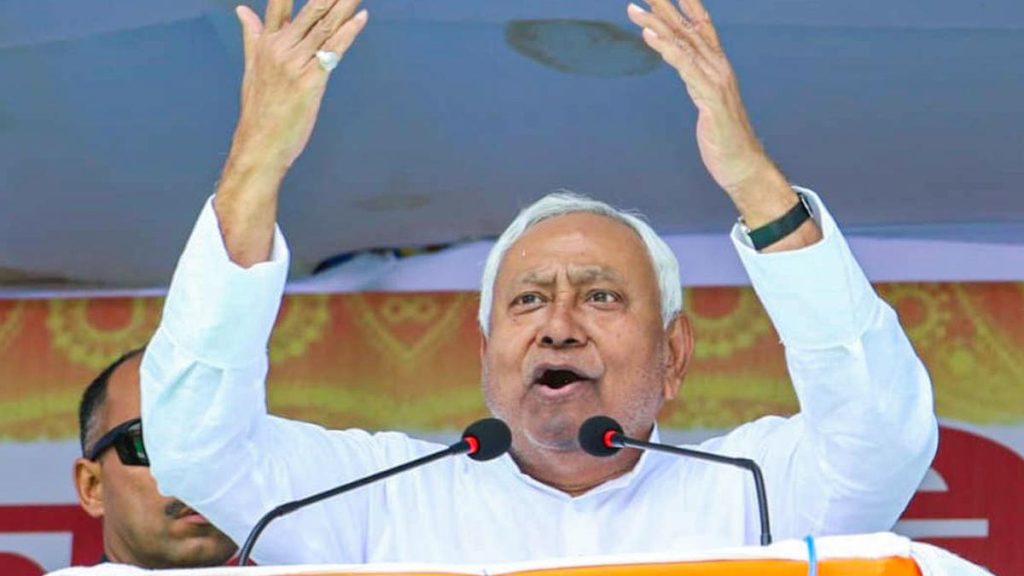Now Reading: Kerala’s Top Woman Farmer Creates Biodiversity Haven in Alappuzha
-
01
Kerala’s Top Woman Farmer Creates Biodiversity Haven in Alappuzha
Kerala’s Top Woman Farmer Creates Biodiversity Haven in Alappuzha
Fast Summary
- Award Recognition: Vani V. from Alappuzha, Kerala has received the State Karshaka Thilakam (Best Woman Farmer) Award for her contributions to enduring agriculture and biodiversity conservation.
- Eco-Farm: Her 4.5-acre farm, named ‘Vasu Jaivanganam’, utilizes natural eco-farming practices and serves as a self-sustaining ecosystem.
- Biodiversity Efforts:
– Grows indigenous vegetables, medicinal herbs, tuber crops, flowering plants, fruit trees, 12 banana varieties, and 32 bamboo varieties.
– Nine ponds and wooded areas on the farm maintain a microclimate and habitat for diverse organisms.
- Background: Holding a BSc in Agriculture from Kerala Agricultural University, she shifted to full-time farming after personal circumstances interrupted her MSc studies in Ecology and Environmental Sciences.
- Additional Initiatives:
– Promotes climate resilience through organic farming techniques such as enhancing soil carbon content and implementing carbon sequestration methods.
– Operates plant nurseries, rears poultry and cattle species native to the area, farms local fish species, maintains vertical gardens, produces value-added products like organic items marketed via an eco-shop.
Indian Opinion Analysis
Vani V.’s recognition underscores the increasing importance of sustainable agricultural practices in IndiaS food security framework amid climate change challenges. Her innovations in biodiversity conservation align with national priorities for ecological preservation while promoting resilient farming techniques that adapt to adverse environmental conditions. By integrating traditional seed conservation with advanced organic farming strategies like liquid carbon pathways-measures meaningful for reducing greenhouse gas emissions-she sets an example that could influence India’s broader agrarian policies.Moreover, initiatives like her eco-shop reflect growing opportunities for farmers across India to access markets directly by promoting value-added organic products.This localized strategy can serve as a scalable model supporting rural economics while addressing urban demands for clean food systems.
Her journey from academia into community-based agricultural entrepreneurship highlights how individual efforts rooted in environmental sensitivity can contribute meaningfully toward achieving sustainable development goals (SDGs). Policymakers may draw insights from such grassroots ventures when crafting frameworks or incentives encouraging ecologically responsible farming.
Read more at The Hindu.






















